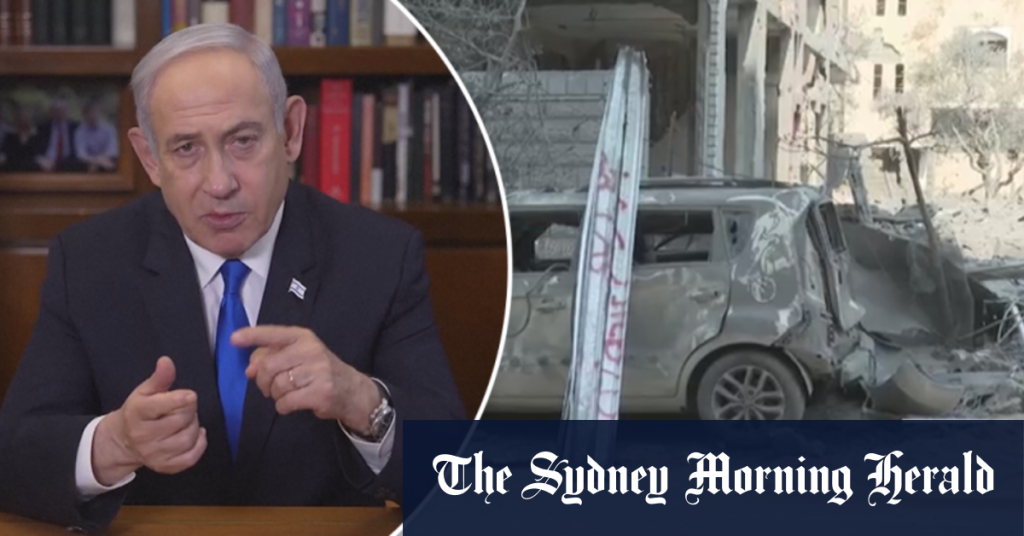The International Criminal Court (ICC) has recently announced that it is seeking arrest warrants for top Israeli and Hamas officials for alleged war crimes. This decision comes after years of conflict between Israel and Hamas, particularly in the Gaza Strip. The ICC’s move has sparked controversy and raised questions about the court’s jurisdiction and role in addressing international conflicts.
In seeking arrest warrants for Israeli Prime Minister and Hamas leaders, the ICC is taking a significant step towards addressing alleged war crimes committed by both parties. The conflict between Israel and Hamas has resulted in numerous casualties and widespread destruction, leading to calls for accountability and justice from the international community. The ICC’s move could potentially lead to further investigations and trials in the future.
The decision by the ICC to seek arrest warrants for top Israeli and Hamas officials has raised concerns about the court’s jurisdiction and independence. Some critics argue that the ICC should not be involved in political conflicts between states and non-state actors, while others believe that the court has a responsibility to hold individuals accountable for their actions, regardless of their position or affiliation. The ICC’s decision could have far-reaching implications for future conflicts and the role of international law in addressing war crimes.
The conflict between Israel and Hamas has been ongoing for years, with both parties accusing each other of committing war crimes and violations of international law. The ICC’s move to seek arrest warrants for top officials on both sides could potentially lead to increased tensions and further violence in the region. It remains to be seen how Israel and Hamas will respond to the ICC’s decision and whether they will cooperate with any potential investigations.
The ICC’s decision to seek arrest warrants for Israeli Prime Minister and Hamas leaders comes at a time of heightened international scrutiny of the conflict between Israel and the Palestinians. The international community has called for a peaceful resolution to the conflict and for both parties to respect international law and human rights. The ICC’s move could potentially lead to renewed efforts to find a lasting solution to the conflict and hold those responsible for war crimes accountable.
Overall, the ICC’s decision to seek arrest warrants for top Israeli and Hamas officials is a significant development in the ongoing conflict between Israel and Hamas. The move has sparked controversy and raised questions about the role of international law in addressing war crimes and holding individuals accountable for their actions. It remains to be seen how Israel and Hamas will respond to the ICC’s decision and whether it will lead to further investigations and trials in the future.


